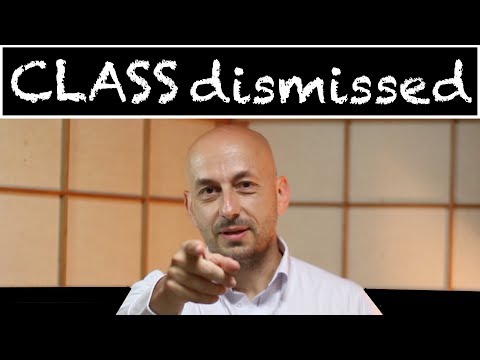In a recent decision, the Fourth Circuit Court of Appeals addressed the First Amendment implications of federal debt-collection automated calls. More specifically, the court analyzed the Telephone Consumer Protection Act (the “TCPA”), a law which protected such calls as an exemption to its general prohibition against calls to personal phones using an automated telephone dialing system. What is the TCPA? In 1991, Congress enacted the TCPA to protect consumers from unwanted, unsolicited, and intrusive automated calls, which were becoming ubiquitous. Initially, the law recognized two exemptions to the general prohibition on the practice commonly known as robocalling: calls to notify the public of an emergency and calls made…
-
-
THE SHAREHOLDER LAWSUIT AGAINST PYXUS INTERNATIONAL: A VIEW OF CLASS ACTION CASES
A class action lawsuit was filed in the United States District Court with the Eastern District of North Carolina against Pyxus International, Inc. (“Pyxus”). The lawsuit focuses on those persons who acquired shares in Pyxus between June 7, 2018 and November 8, 2018, a period which coincides with steep drops in the company’s share price. Class action lawsuits are common shareholder litigation, but what exactly is a class action lawsuit? State or Federal Court? Class action lawsuits are available in state court – including North Carolina state court – as well as in federal court. Since its effective date, the Class Action Fairness Act of 2005 (the “Act”)…
-
IN THE MARKET FOR TRADE SECRETS
In early March, retail grocery store company Aldi, Inc. filed a lawsuit in the Eastern District of North Carolina against two former employees who joined rival company Lidl US. The two former employees, Bruna Maraccini and Colleen Savory, are named as Defendants in the complaint. Both were involved in the company’s real estate strategy and acquisition efforts, and are alleged to have misappropriated trade secrets of their former company for the benefit of their new company. The complaint also alleges that Ms. Maraccini, who was a director of real estate for North Carolina and Virginia while at Aldi, violated confidentiality, non-compete, and non-solicitation agreements by accepting a similar position with…
-
Deceptive Conduct Likely Needed to Transform a Breach of Contract Claim to Unfair and Deceptive Trade Practice
While unfair and deceptive trade practice claims are sometimes alleged concurrently with breach of contract claims, a breach of contract alone does not constitute an unfair or deceptive trade practice. To prevail on both a breach of contract claim and an unfair and deceptive trade practice claim, North Carolina and federal courts require the breach to be accompanied by “substantial aggravating circumstances.” However, courts have provided little to no guidance on what amounts to substantial aggravating circumstances. A recent decision by the U.S. District Court for the Eastern District of North Carolina provides some insight.[1] Judge Flanagan indicated that, to be successful on both an…
-
Eastern District of North Carolina Predicts the North Carolina Supreme Court Will Apply the Doctrine of Inevitable Disclosure “Under Certain Circumstances.”
The Eastern District of North Carolina recently decided a case affirming that, while North Carolina courts have not yet adopted the doctrine of inevitable disclosure, North Carolina would adopt the doctrine under certain circumstances.[1] Spirax Sarco, Inc., (“Spirax”), alleged a claim for, among other things, injunctive relief under the doctrine of inevitable disclosure against one of its former employees. Spirax purported that defendant Bryan Johnson (“Johnson”) used his company issued laptop to download thousands of confidential computer files to personal devices without permission. Johnson resigned from Spirax on May 27, 2014 to work for SSI Engineering, Inc. (“SSI…




